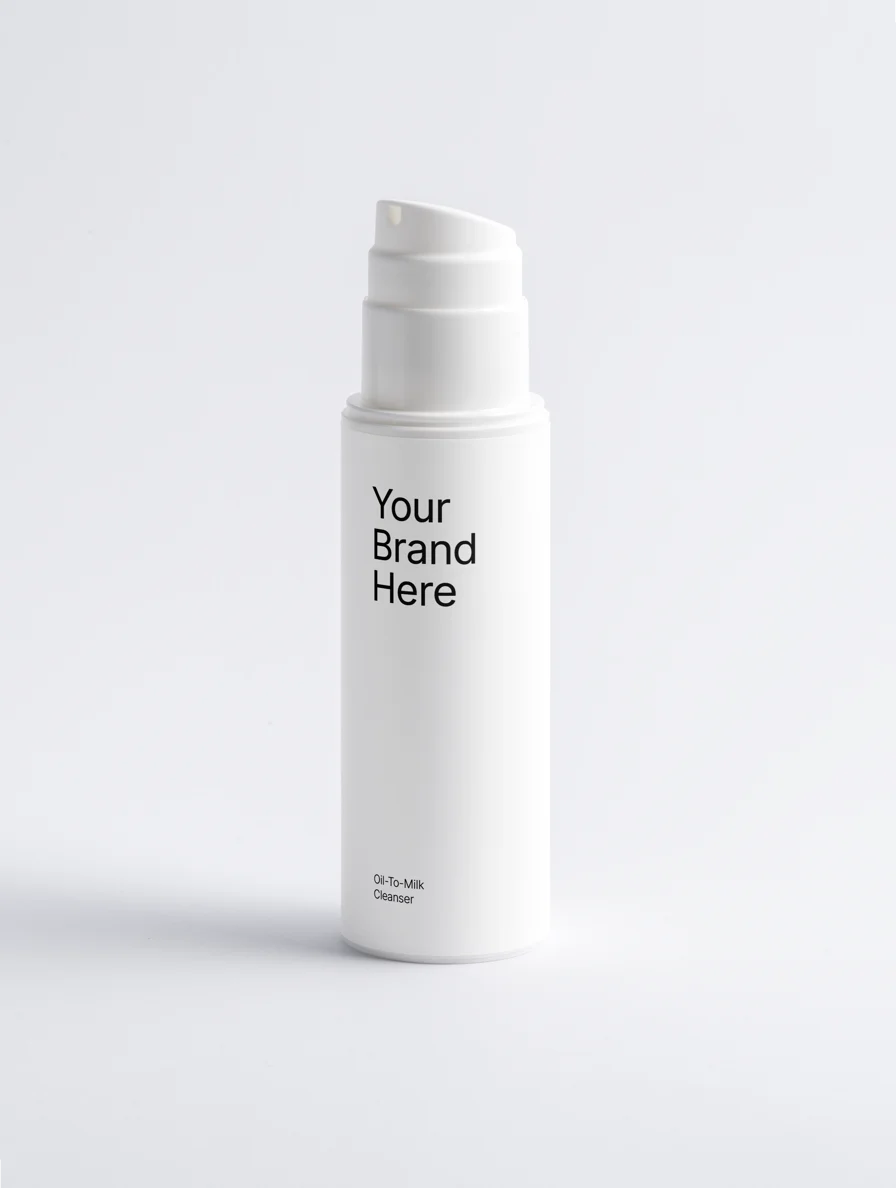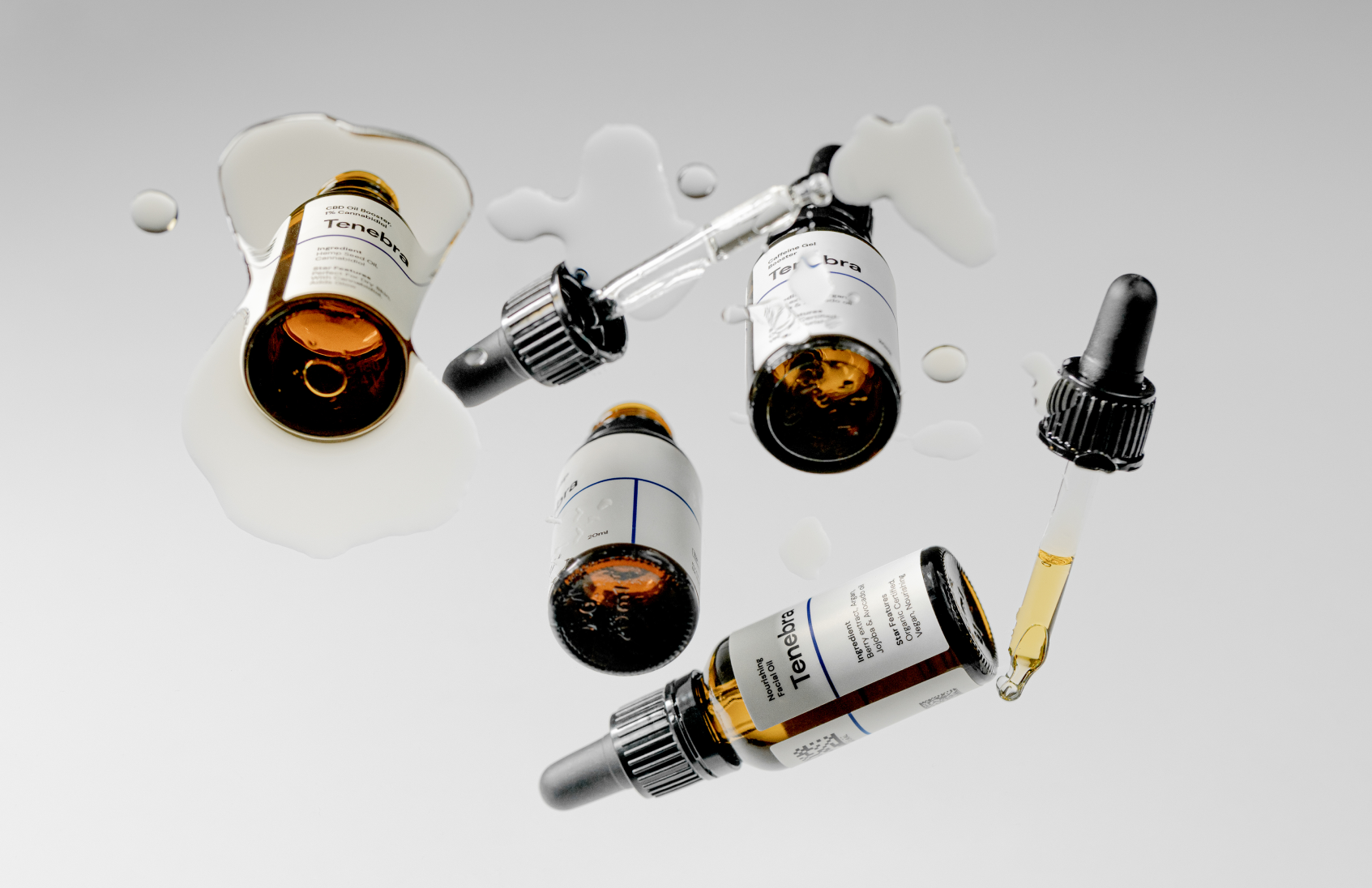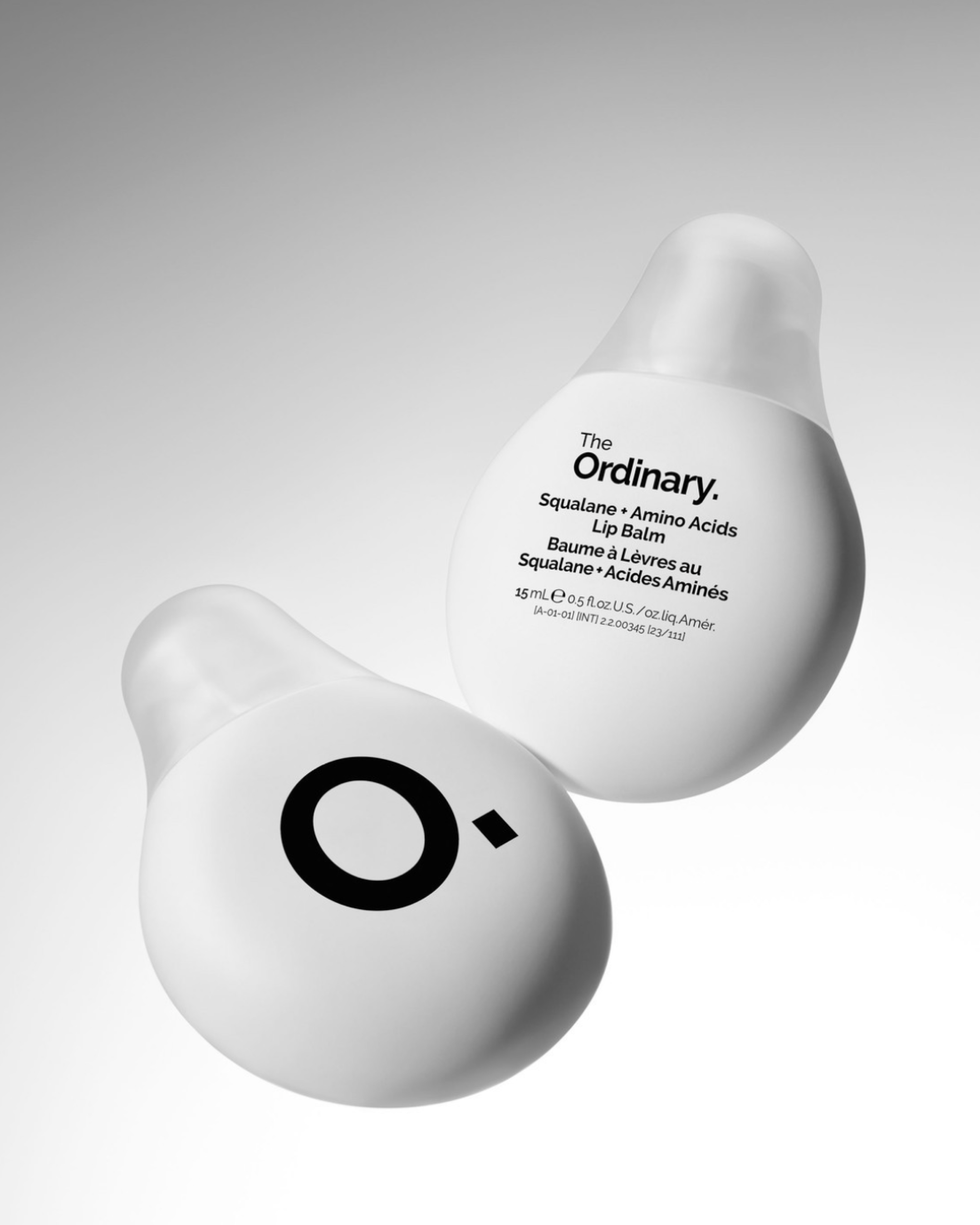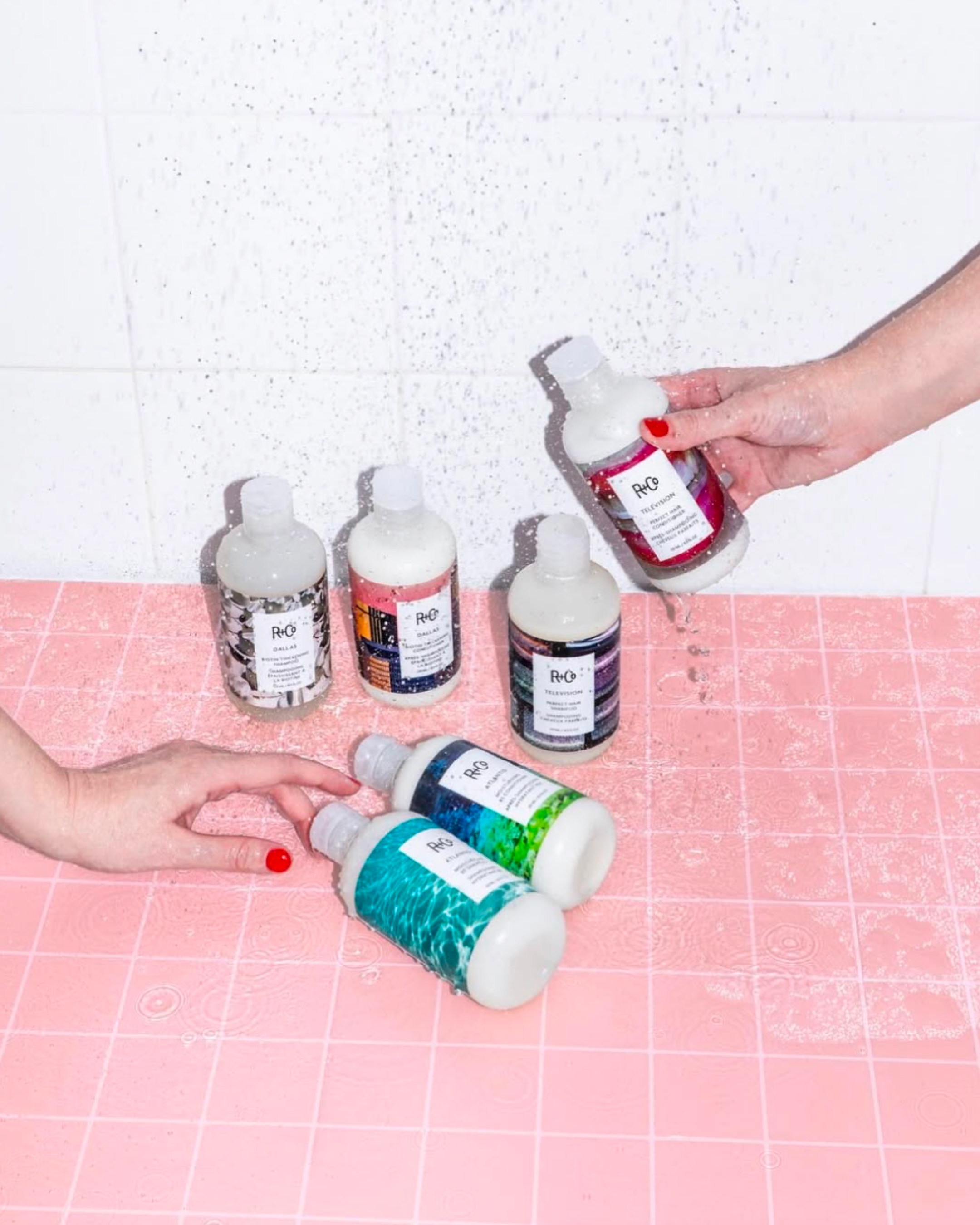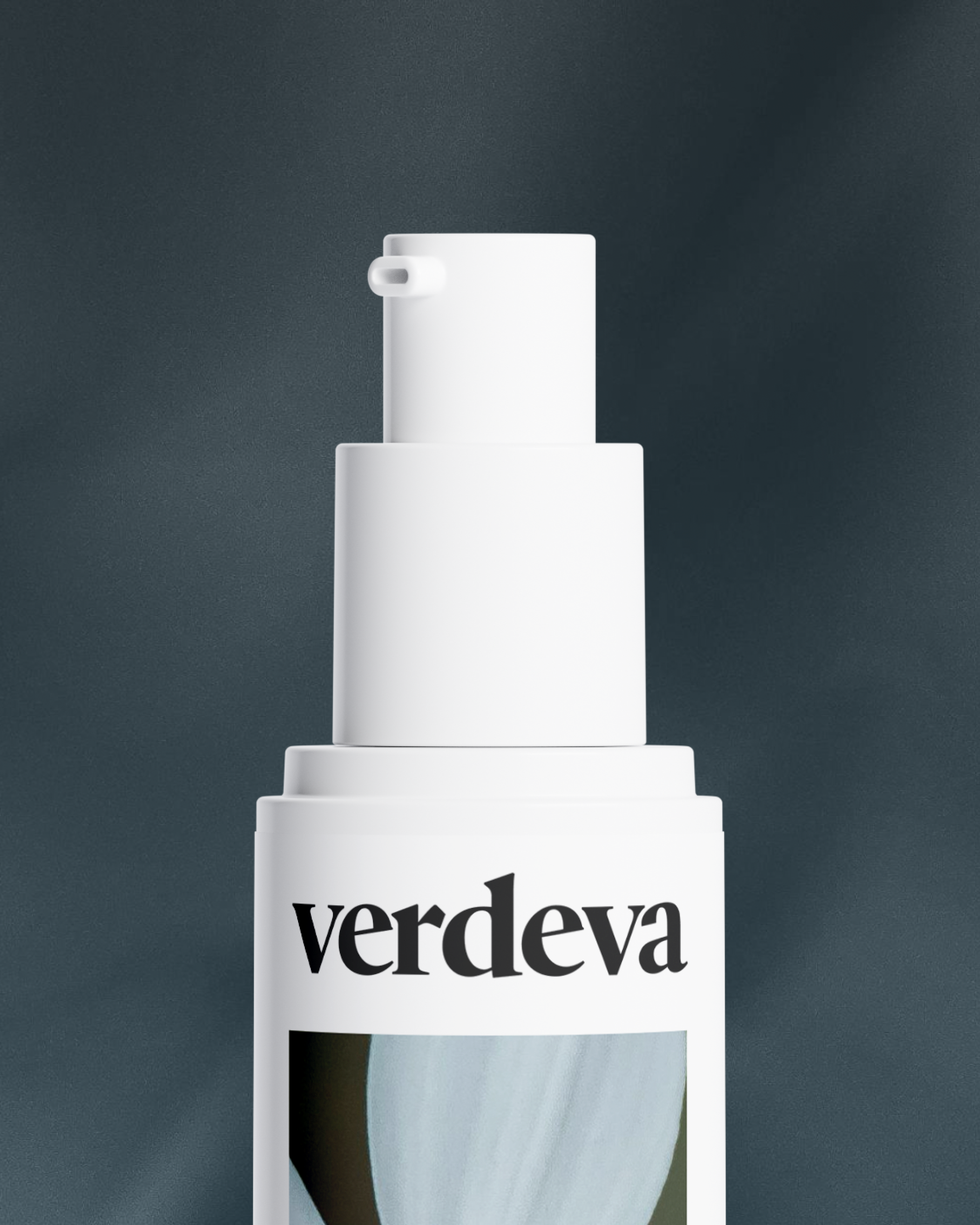All You Need to Know about Selling Skincare for Sensitive Skin
No matter the direction or niche of your skincare business, offering skincare for sensitive skin is something you shouldn't overlook. In fact, a study by Aveeno found that 71% of adults experience sensitive skin. Every skin type has its own story and unique needs, so there’s no magic formula that works for everyone.
What you can do is provide your customers with high-quality, well-formulated products made with clean ingredients. Whether you're part of the lucky 29% or among those who carefully scan every ingredient list, there are quite a few things you should know if you are planning to launch a sensitive skincare line.
In this article, you’ll learn which ingredients are beneficial for sensitive skin and which ones to avoid. You’ll also discover what to include in a sensitive skin lineup, along with key strategies for marketing these products effectively. Finally, we'll also look at real-world examples of brands that have successfully launched skincare lines for sensitive skin.
Table of Contents
What is sensitive skin
Before diving into the world of ingredients and marketing, it’s important to first understand what sensitive skin actually is. For many people, even gentle routines can leave the skin feeling itchy, irritated, stinging, red, or uncomfortably dry and flaky. While sensitive skin isn’t the same as acne-prone skin, using the wrong products can also sometimes trigger breakouts on top of irritation. Keeping all that in mind, your private label skincare product line should include options suitable for different needs.
Now let’s take a closer look.
Types of sensitive skin, causes, and symptoms
Even sensitive skin types aren’t all the same. Some are born with it, while others notice their skin becoming more sensitive over time. It is mostly due to factors like environmental changes, stress, or even using the wrong skincare. As a skincare business owner, it’s important that you are aware of the different types of sensitive skin in order to add the right products to your private label product catalogue.
Naturally sensitive skin: This skin type is based on genetics. It’s often linked to conditions like eczema, rosacea, or psoriasis. If you have naturally sensitive skin, your skin tends to react easily, even to gentle, fragrance-free products or environmental factors such as wind and temperature changes. Because the skin barrier is naturally weaker, it's prone to redness, dryness, tightness, and general discomfort.
Environmentally sensitive skin: Some people experience sensitivity mainly due to environmental factors such as air pollution, wind, extreme temperatures, UV exposure, and humidity changes. This type of sensitive skin is characterized by tightness, dryness, and inflammation. These symptoms often worsen during seasonal changes.
Sensitized skin: Sensitized skin is a rather temporary reaction that isn't always developed overnight. A few main causes include the over-use of active ingredients, such as retinoids, AHAs, BHAs, or other exfoliants. Another common cause is over-cleansing (less really is more!) or not applying moisturizer regularly. When the skin is not treated properly, the protective barrier weakens, thus causing the reaction. Sensitized skin is often identified by a burning or stinging sensation.
While it might seem like sensitized skin is completely avoidable, the truth is that environmental factors can still play a role. The good news is that, unlike naturally sensitive skin, it can be improved more easily by avoiding the irritants to repair the barrier.
Allergy-prone skin: This type of skin reacts quickly to specific ingredients (or environmental allergens) often found in skincare products, such as fragrances, preservatives, essential oils, and alcohols.
Since allergy-prone skin is usually linked to an immune system response, the best approach is to cut out the problematic ingredients from the skincare routine and choose products formulated with minimal, hypoallergenic ingredients. The most common symptoms of allergy-prone skin include redness, itching, rash-like bumps, and irritated patches.
How to take care of sensitive skin
Taking care of sensitive skin can be truly frustrating. It often takes a lot of trial and error and can easily become a vicious circle of trying one product after another and making the skin even worse with the wrong products. Often the issue here is that people don’t know what their sensitive skin type is and what is causing the reaction. Therefore, the first step is identifying the root cause.
Once that is done, the next step is avoiding the trigger if possible. However, it might not be that easy in case of naturally or environmentally sensitive skin types. That’s where a good and proper skincare routine takes place. In case of eczema, rosacea, and other skin conditions it’s essential to use products made specifically for this type of issue.
Sensitive skin symptoms can often be minimized and even prevented by sticking to a gentle and consistent routine. Moisturizing and hydrating with the right amount of product, avoiding harsh exfoliants, using fragrance-free formulas, cleansing properly, and protecting the skin from the sun are essential. Another great tip (although often overlooked) is patch testing any new products.
The key to healthy skin is not over-doing it and keeping the routine as simple as possible. Of course, lifestyle plays a big role too. A balanced diet and staying properly hydrated can make a visible difference.
How to build a skincare lineup for sensitive skin
Now that you know the ABCs of sensitive skin, let’s slowly move towards the business side. Whether you’re just getting started or already have your brand up and running, chances are you’re here because you’re wondering how to start a skincare line that focuses on this specific area. While choosing the right products might feel as impossible as hitting the jackpot, it’s mostly about selecting the right ingredients and covering all skin needs within a skincare routine.
First, let’s go through the ingredients that you should include and better avoid in your products.
What ingredients to choose
In skincare suitable for sensitive skin, you will often find shea and/or cocoa butter. Both offer deep and intense moisturizing properties. While shea butter is rich in fatty acids and vitamins, promoting the restoration of the skin barrier, cocoa butter is a great antioxidant. Moisture plays a key role in cell regeneration, therefore a natural humectant like sodium PCA is another great ingredient to look for.
Aloe vera juice is famous for its soothing and anti-inflammatory properties. It should not be a surprise to find it within the ingredients list of skincare products for sensitive skin. A great example of such a product is Selfnamed's body cream for sensitive skin, a private label product that you could easily include in your new skincare line.
Since sensitive skin often comes with tightness and dryness, hyaluronic acid can be a great ingredient to look for. It doesn’t just hold moisture, it also draws it into the skin, helping to keep it hydrated and calm. It’s gentle enough even for those dealing with conditions like rosacea or eczema.
To restore and strengthen the skin barrier, look for products that contain ceramides or niacinamide. Lately, Centella asiatica has gained popularity in sensitive skin formulas. Thanks to its soothing and healing properties, it not only calms the irritation but also reduces redness, helps to restore the skin barrier and has antioxidant benefits.
In general, products for sensitive skin should be natural, gentle and skin-friendly. Ksenia Kumachova, a certified pharmacist, explains that, “Natural ingredients are not only the driving force of product performance, they’re also much better for sensitive skin than their conventional counterparts. Nature is abundant with active ingredients that our skin loves.”
What ingredients should be avoided
One of the biggest enemies of sensitive skin is fragrance (including essential oils) and alcohol. These ingredients can unnecessarily irritate and dry out the skin. Harsh chemical or physical scrubs should also be avoided. To no surprise, sulfates are another ingredient to watch out for, as they can strip the natural oils and worsen irritation.
How to build a complete lineup
To make sure your clients get the full benefits of products made for sensitive skin, it’s important to offer more than just a moisturizer. They should be able to build an entire routine that supports their skin’s needs. Your new collection should also include a gentle cleanser, toner, serum, and of course, a reliable SPF to help protect the skin from further irritation. This allows your clients to create a consistent routine without having to search elsewhere.
The good news is that you don’t have to worry about choosing the ingredients yourself, as you can simplify this process with private label products or skincare dropshipping. It means that the formulas are ready-made for you to sell. Selfnamed offers a great selection to start or expand your product line sensitive skin.
How to market sensitive skin products
As a skincare business owner, you likely already know that choosing the right products is just the beginning. Now comes one of the most important parts, which is integrating your new product line into the current offering and marketing it. Get inspired by other brands that have successfully launched sensitive skincare collections and consider upselling and cross-selling to boost your business.
How to incorporate new products into your current selection
The first step is to identify whether the new products will create an entirely new range (for example, a line that's dedicated to sensitive skin only) or if they will complement an existing selection (for example, adding a serum to your sensitive skin range). This will help you plan the next marketing activities and incorporate them into your brand's strategy.
Then, think about educating your clients about the properties of the products, possibly even informing them about the different sensitive skin types so they feel a real connection with the new products.
If you have an already existing sensitive skincare line, a great way to introduce the new products to your clients is by adding a little sample for them to try when purchasing from your store.
Importance of upselling and cross-selling these products
There are two effective sales strategies you can apply to your new product launch: upselling and cross-selling. These tactics can help boost your revenue without necessarily acquiring new clients. Let’s take a closer look at the difference between the two.
Upselling: In simple words, upselling entails selling a better version of the same product they have already purchased or are planning to buy. In practice, the more affordable option could be a basic moisturizer with hyaluronic acid, while a premium version might include added ingredients like Centella asiatica, providing more benefits. This strategy also applies to larger containers. Clients can save by purchasing a bigger bottle, as it offers more product for less money.
Cross-selling: If you already have a sensitive skincare line but are planning to expand it, then cross-selling might work for your business. It consists of suggesting your clients complementary products that work well with what they are planning to purchase. For example, if they add a moisturizer to their cart, they might as well be interested in purchasing a serum from the same line.
Successful brands that are selling products for sensitive skin
If you’re looking for inspiration from brands that have made a real impact in the sensitive skincare product world, it's worth mentioning CeraVe and La Roche-Posay. Over the years, both brands have built a strong reputation with formulas specifically adapted to those dealing with sensitive skin.
CeraVe puts a strong focus on ceramides, which help restore and protect the skin barrier. The brand is also known for its fragrance-free formulas and relatively accessible pricing. Their products often include ingredients like hyaluronic acid and niacinamide, which are gentle on sensitive skin.
La Roche-Posay often gets compared to CeraVe. Both brands focus on straightforward, minimalistic formulas, although La Roche-Posay is especially known for including the thermal spring water which helps calm and protect skin. In their offering, you can find a wide range of products that address specific skin needs, such as eczema, rosacea, etc.
Make an impact in the skincare business
Sensitive skin is more common than we might think and the demand for reliable products keeps growing each year. Including products formulated specifically for sensitive skin needs gives you the perfect chance to show that your brand truly cares about the customers.
By understanding the different types of sensitive skin and choosing ingredients that meet their needs, you can launch a skincare line that makes a difference. However, bear in mind that even the best products won’t sell themselves. Use the power of good marketing, educate your audience, and highlight your product benefits. When done right, you’re not just launching products but also offering real solutions which is something people will highly value.
Frequently Asked Questions
-
Look for products with ingredients known for their soothing and restorative properties. The best ingredients for sensitive skin include ceramides, which help repair the skin barrier, niacinamide to reduce redness, and hyaluronic acid for deep hydration. Other great options are shea butter, cocoa butter, and aloe vera for their moisturizing and anti-inflammatory benefits.
-
When formulating for sensitive skin, it's best to avoid common irritants. Stay away from fragrance and essential oils, which can trigger allergic reactions. Also, steer clear of harsh exfoliants, sulfates, and high concentrations of active ingredients that can strip the skin and weaken the protective barrier.
-
Sensitive skin isn't a single condition; it comes in a few different types. The main categories include naturally sensitive skin (a genetic predisposition often linked to conditions like eczema), environmentally sensitive skin (reacts to factors like pollution and temperature), sensitized skin (a temporary reaction from over-using products), and allergy-prone skin (reacts to specific ingredients). Understanding these types helps you better address your customers' unique needs.
-
To successfully market your sensitive skincare brand, focus on two key strategies: education and strategic selling. Educate your audience by explaining the different types of sensitive skin and how your products offer real solutions. This builds trust and positions your brand as a caring expert. Additionally, use upselling and cross-selling to encourage customers to purchase a full, complementary routine, boosting your revenue while ensuring they get the best results.
Must read








